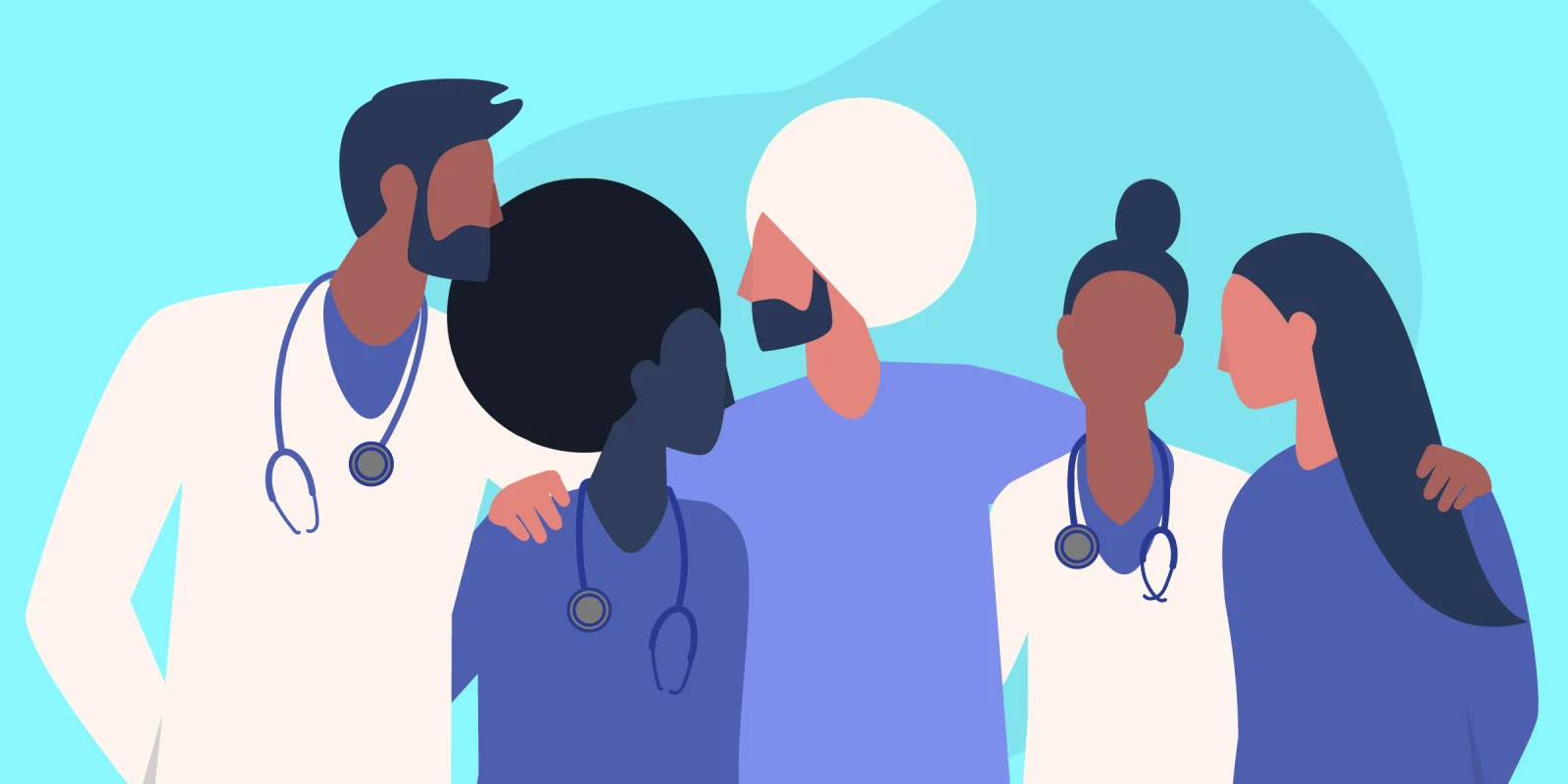Research has shown that more diverse physician workforces may lead to better patient satisfaction and outcomes. Accordingly, the Liaison Committee on Medical Education has made a concerted effort to encourage medical schools to increase representation of diverse racial and ethinic groups among accepted and matriculated trainees. After four years of undergraduate medical training, it has become abundantly clear to me that we need to diversify medicine not only for patients, but for trainees and physicians, too.
I entered medical school immediately after completing a post-baccalaureate program for Black, Latinx, and Indigenous trainees pursuing medicine. My year in the program was filled with endless support, encouragement, and shared determination to represent our communities. That bubble of protection, however, was abruptly punctured on my first day of medical school. I had read the statistics on how few students entering medical school identified as Black, Latinx, or Indigenous. Yet seeing and feeling the weight of that in person was a different matter. I brushed off my fear and waited until after the wave of interest and affinity group introduction meetings passed, but to my dismay, the situation remained consistent with my initial assessment.
What I could not have known were the implications of the lack of diversity for students like me as we navigated medical school. The minority tax, defined as a set of extra responsibilities placed on underrepresented identities in the name of achieving diversity, did not adequately encompass the profound exhaustion and additional responsibility I carried throughout my four years.
For trainees and colleagues, the issues were often not packaged as overt acts of discrimination, but rather consistent and subtle acts of invalidation and microaggression. I reflect on the numerous conversations that went, “No way — you are a Latina? You don’t look like a Latina.” I remember the time a fellow classmate asked me, during my USMLE Step 1 dedicated study period, to send him resources, references, and information explaining how race-related issues were not a proxy for disease but rather racism. He couldn’t believe this to be the case, because he felt like it would have “too easy of a fix to have perpetuated for this long.” I also recall the classmate who repeatedly called me “Sarah Rodriguez” rather than my actual name, “Sarah Martinez,” as if any Latinx last name could be substituted casually for my own.
These examples offer only a glimpse into my four-year journey; the total number of similar instances are numerous. My stories are not unique, but shared by many who have an identity similar to mine. As I now sit through residency interviews, I wear my stark resilience like a badge of honor — proudly shielding my exhausted interior. Much like a healing wound, the resilience underscores the scars I’ve accumulated as a result of the work I had to put in beyond that expected of typical students focused on their medical education. It is a work that extends beyond the necessary requirements for a competitive residency application. A work that is truly a labor of love and need — necessary to help ensure that future students might not have to deal with such challenges. My heart, both bruised and exhausted, remains empowered and motivated.
The system ultimately needs to change, but the first and most practical step is to increase the representation of diverse identities, particularly Black, Latinx, and Indigenous, in medicine. This serves so many purposes, but most importantly, it normalizes our presence and sends a clear message: “We belong here.” It creates equity by collectively decreasing the extra load we bear as we serve our communities. It allows us, as well as our colleagues, to be the best physicians for our patients.
In what ways can a more diverse workforce benefit the medical community? Share your thoughts in the comment section.
Sarah Martinez is a three-time cancer survivor and proud Latina. She is currently a fourth-year medical student at Albany Medical College, pursuing Obstetrics and Gynecology.
Image by nadia_bormotova / Getty







